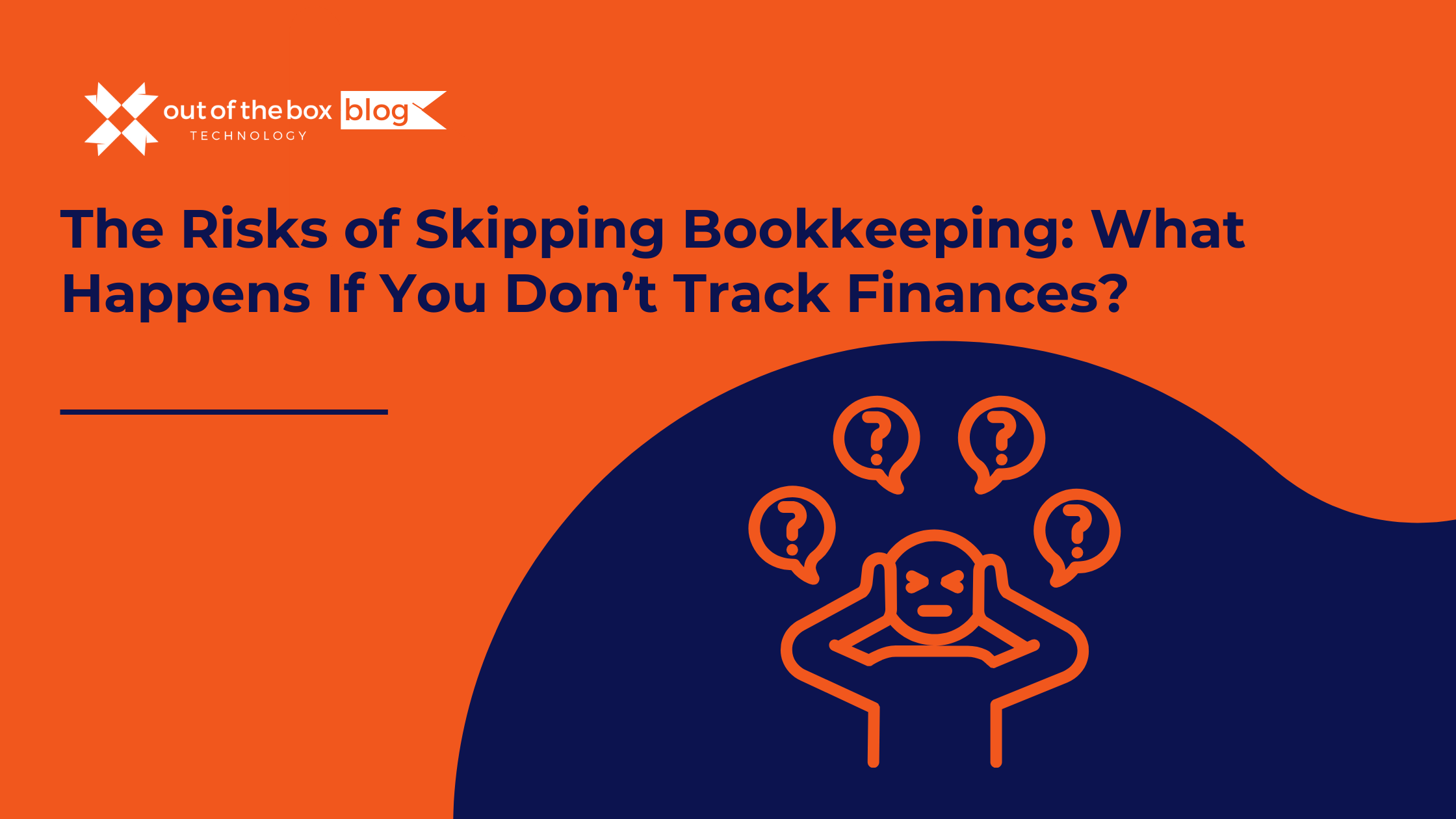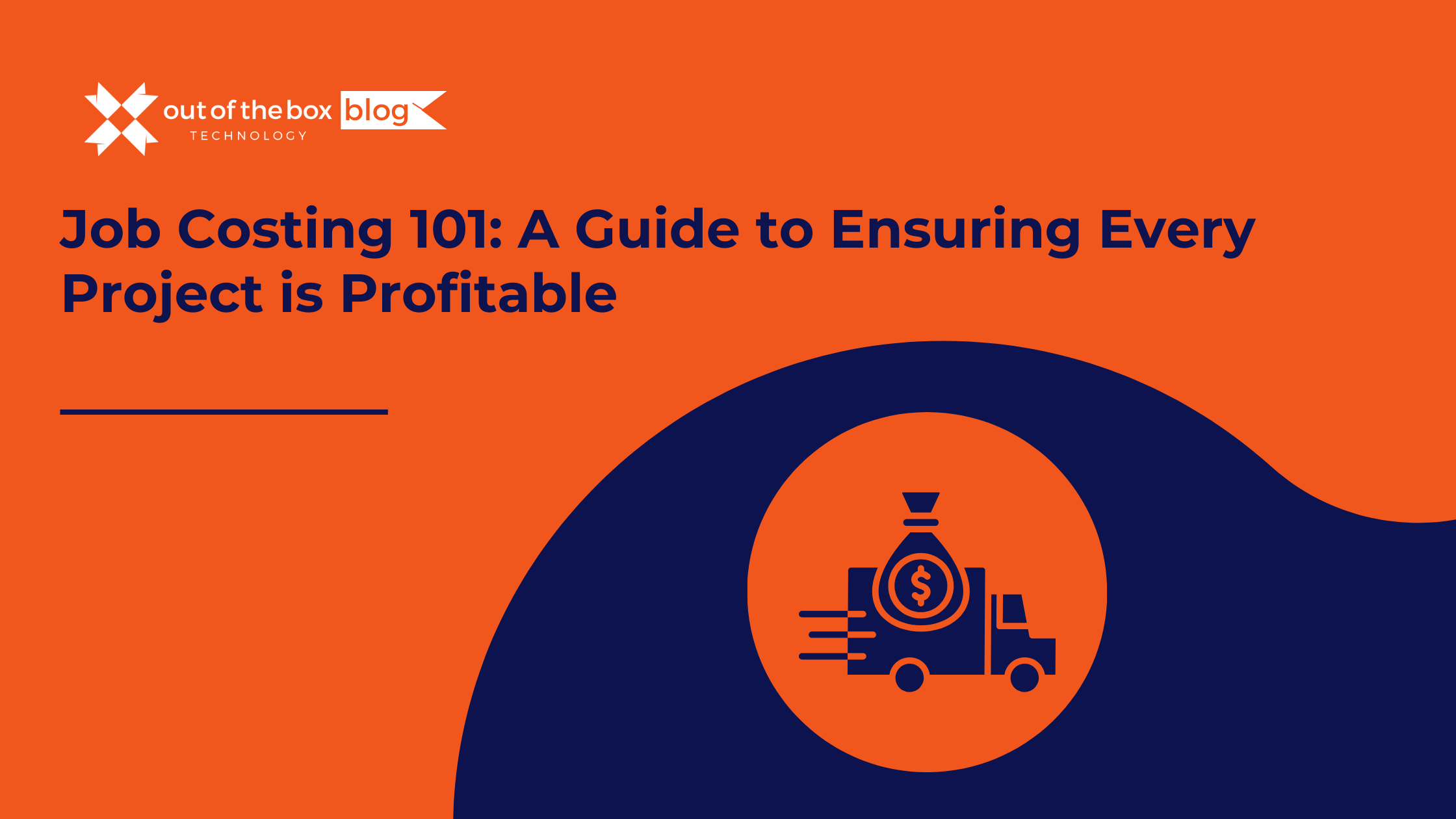In the fast-paced world of home services—be it plumbing, HVAC, landscaping, or cleaning—business owners often juggle multiple responsibilities. Amidst managing clients, scheduling jobs, and ensuring quality service, bookkeeping can easily fall by the wayside. However, neglecting this crucial aspect can have dire consequences.
This comprehensive guide delves into the risks associated with inadequate bookkeeping, providing real-world examples, data-backed insights, and actionable solutions to help home service business owners maintain financial stability and growth.
Why Bookkeeping Matters in Home Services
Bookkeeping is more than just tracking income and expenses; it’s the backbone of informed decision-making, tax compliance, and financial health. For home service businesses, where transactions are frequent and varied, meticulous bookkeeping ensures:
-
Accurate Financial Reporting: Understanding profitability, cash flow, and financial position.
-
Tax Compliance: Timely and accurate tax filings, minimizing the risk of audits and penalties.
-
Operational Efficiency: Identifying cost-saving opportunities and optimizing resource allocation.
-
Business Growth: Attracting investors or securing loans with credible financial statements.
Consequences of Neglecting Bookkeeping
1. Cash Flow Problems
Without accurate records, tracking receivables and payables becomes challenging, leading to cash shortages. According to Out of the Box Technology, inadequate record-keeping can obscure the true financial state of a business, making it hard to track cash flow accurately. This can lead to issues such as running out of cash unexpectedly or not being able to cover operational costs.
2. Tax Penalties and Compliance Issues
Disorganized or missing financial records can result in missed tax deadlines, inaccurate filings, and unclaimed deductions. The IRS imposes penalties for late or incorrect filings, which can accumulate quickly and strain your finances.
3. Inaccurate Financial Reporting
Poor bookkeeping leads to unreliable financial statements, hindering your ability to make informed decisions. Inaccurate reporting can mislead stakeholders and impede strategic planning.
4. Difficulty Securing Financing
Lenders and investors require detailed financial records to assess creditworthiness. Without proper bookkeeping, securing loans or attracting investors becomes significantly more challenging.
5. Operational Inefficiencies
Lack of financial insight can result in overstocking, underutilization of resources, and missed opportunities for cost savings. Efficient bookkeeping helps identify and rectify such inefficiencies.
Real-World Example: Business Failure Due to Poor Bookkeeping
A North Geelong labor hire company, Fresh Start 2020, collapsed under $1.23 million in debt due to inadequate bookkeeping. An audit revealed non-compliance issues and underpayment of payroll taxes. The company’s internal accounting software was poorly maintained, failing to accurately reflect financial transactions, leading to its downfall.
Common Bookkeeping Mistakes in Home Services
-
Mixing Personal and Business Finances: This complicates expense tracking and tax reporting.
-
Neglecting Regular Reconciliation: Failing to match records with bank statements can lead to undetected errors.
-
Misclassifying Expenses: Incorrect categorization affects financial analysis and tax deductions.
-
Overreliance on Spreadsheets: Manual tracking increases the risk of errors; accounting software offers more reliability.
-
Ignoring Accounts Receivable and Payable: This can disrupt cash flow and damage supplier relationships.
Best Practices for Effective Bookkeeping
-
Separate Business and Personal Finances: Maintain distinct bank accounts and credit cards.
-
Utilize Accounting Software: Tools like QuickBooks streamline tracking and reporting.
-
Regularly Reconcile Accounts: Ensure records match bank statements to catch discrepancies early.
-
Maintain Organized Records: Keep receipts and invoices systematically for easy retrieval.
-
Consult Professionals: Engage bookkeepers or accountants to ensure accuracy and compliance.
FAQs
Q1: How often should I update my bookkeeping records?
A: Ideally, update records daily or weekly to ensure accuracy and timely decision-making.
Q2: Can I manage bookkeeping myself?
A: While possible, it’s advisable to use accounting software or consult professionals to minimize errors and ensure compliance.
Q3: What are the signs of poor bookkeeping?
A: Frequent cash shortages, missed tax deadlines, and inaccurate financial reports indicate inadequate bookkeeping.
Q4: How does bookkeeping affect tax preparation?
A: Accurate bookkeeping ensures all income and expenses are recorded, facilitating correct tax filings and maximizing deductions.
Q5: What tools can assist with bookkeeping?
A: Accounting software like QuickBooks, Xero, or FreshBooks can automate and simplify bookkeeping tasks.
Conclusion
Neglecting bookkeeping in home service businesses can lead to severe financial and operational consequences. Implementing effective bookkeeping practices is essential for maintaining financial health, ensuring compliance, and fostering business growth. By prioritizing accurate financial tracking, you safeguard your business against potential pitfalls and position it for long-term success.
For those seeking expert guidance, Out of the Box Technology offers tailored bookkeeping services, QuickBooks setup, and support to ensure your business runs smoothly and stays compliant.




